As you’re reading this you’ve likely received a message from Amazon rejecting your packaging labels as non-compliant. We keep receiving such reports from Amazon sellers on a weekly basis, with increasing frequency – and decided it was about time to dig deeper into this.
Content Overview

FREE CONSULTATION CALL (US, EU & UK)
- Request a free 30-minute call with Ivan Malloci to learn how we can help you with:
- Find product requirements
- Certification and labeling
- Lab testing
Amazon Packaging Photo Requests
Amazon requires all sellers to ensure that their products are compliant with all mandatory safety standards, substance regulations, documentation, and labeling requirements – in the relevant country and marketplace in which they sell.
Hence, sellers on Amazon in the EU must ensure compliance with EU labeling requirements – including those applicable to the packaging.
Below follows a standard request sent by Amazon in the case they deem a product packaging to be incorrectly labeled (e.g. lacking information about the manufacturer).
Product Packaging Picture:
– The images provided do not meet the labelling requirements, which state that any information added to the product packaging must be securely adhered and not easily removable. Please provide images that meet this requirement.
– The images provided do not meet the EU labelling guidelines, which state that the label must contain the business name and address of the manufacturer. Please provide product images that meet this requirement.
These requirements are not made up by Amazon. Instead, this only reflects labeling requirements in the European Union.
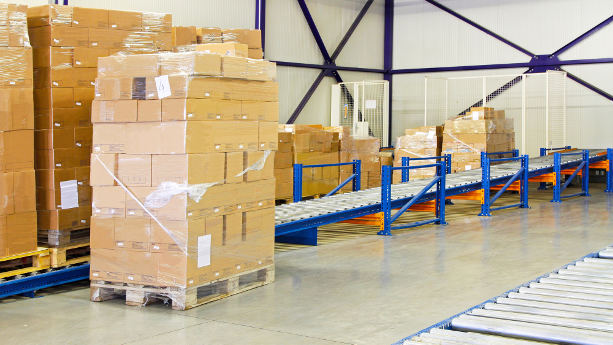
Products that require manufacturer address on the packaging
Whether or not there are packaging labeling requirements for a certain product can be determined by a quick look at the relevant regulations and directives. Here are a few examples:
Electronics
This is written in the Low Voltage Directive:
6. Manufacturers shall indicate on the electrical equipment their name, registered trade name or registered trade mark and the postal address at which they can be contacted or, where that is not possible, on its packaging or in a document accompanying the electrical equipment. The address shall indicate a single point at which the manufacturer can be contacted. The contact details shall be in a language easily understood by end-users and market surveillance authorities.
This is also written under “Obligations of Importers”
3. Importers shall indicate on the electrical equipment their name, registered trade name or registered trade mark and the postal address at which they can be contacted or, where that is not possible, on its packaging or in a document accompanying the electrical equipment. The contact details shall be in a language easily understood by end-users and market surveillance authorities.
Source: Link
Food Contact Materials
This is written in REGULATION (EC) No 1935/2004 under Labelling:
the name or trade name and, in either case, the address or registered office of the manufacturer, processor, or seller responsible for placing on the market established within the Community;
Source: Link
Toys
This is written in the Toy Safety Directive:
6. Manufacturers shall indicate their name, registered trade name or registered trade mark and the address at which they can be contacted on the toy or, where that is not possible, on its packaging or in a document accompanying the toy. The address shall indicate a single point at which the manufacturer can be contacted.
Source: Link
General Product Safety Directive (GPSD)
This is mentioned in the GPSD text:
(a) an indication, by means of the product or its packaging, of the identity and details of the producer and the product reference or, where applicable, the batch of products to which it belongs, except where not to give such indication is justified and
Source: Link
Manufacturer or importer address?
As you can see above, including the manufacturer or importer address is mandatory for certain products. This is also written in the Low Voltage Directive:
Any economic operator that either places electrical equipment on the market under his own name or trade mark or modifies electrical equipment in such a way that compliance with this Directive may be affected should be considered to be the manufacturer and should assume the obligations of the manufacturer.
This is also further expanded on under definitions:
‘manufacturer’ means any natural or legal person who manufactures electrical equipment or has electrical equipment designed or manufactured, and markets that equipment under his name or trade mark;
‘importer’ means any natural or legal person established within the Union who places electrical equipment from a third country on the Union market;
In short, if you import custom-designed (OEM) products or even private label products, you’re considered to be the manufacturer.
My understanding is that Amazon is therefore referring to ‘manufacturer’ as either a manufacturer in the European Union – or an importer incorporated in the European Union.
Hence, I don’t think Amazon is asking importers to include the name and address of their manufacturers in China, Vietnam, and elsewhere outside the EU.
Non-EU cross-border sellers
Non-EU-based Amazon sellers shipping products B2C to consumers in the EU will also need to have an EU address on the product packaging. This cannot be any address, but one from an EU Authorised Representative – also known as a responsible person. You can learn more about that topic in this guide.
That being said, the address requests covered in this example are not related to Authorised Representative address requirements as far as I understand – but also apply to sellers based in the European Union.
What can I do if Amazon rejects my packaging address label?
Your only option is to get your packaging relabeled, which can involve remaking the packaging from scratch, and then repackaging every single item. Doing so can be very costly – especially if the products have already departed the factory.
How do I know what kind of packaging labeling information I need for my product?
Your first step is to assess which regulations apply to your products and then dive into the directive texts that can be freely available on the EU website. Keep in mind that address information is not the only thing to take into consideration.
You may also need batch information, SKU, and compliance marks – topics covered in these articles:
- European Union Product Labeling Requirements: A Complete Guide
- Product Traceability Requirements in the European Union: An Overview
How to make sure that your packaging is correctly labeled
As always, getting it right from the start can save you plenty of money and sleepless nights. Once you have confirmed all relevant packaging labeling requirements – you’ll need to create a packaging file for your supplier.
The address information could, for example, be included in your existing packaging artwork files, or added as a separate print.
File formats
Most manufacturers use .ai files, so I suggest you do the same.
Other information
You may also need to provide this information to your manufacturer:
- Label placement
- Dimensions (XX x XX mm)
- Color
Quality inspections
You need to include packaging label checks in your quality inspection checklists. This way you can significantly reduce the risk of shipping incorrectly labeled packaging to Amazon.


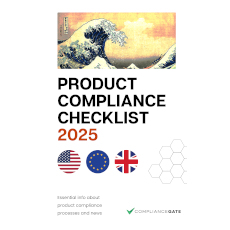
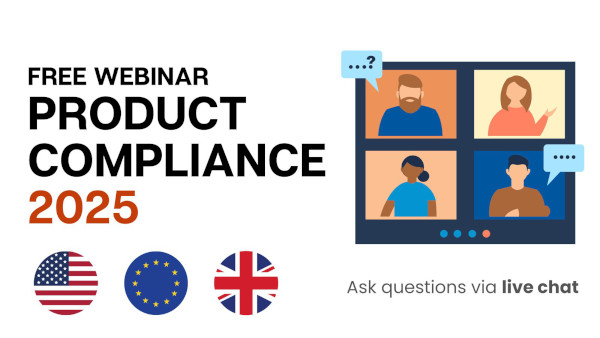
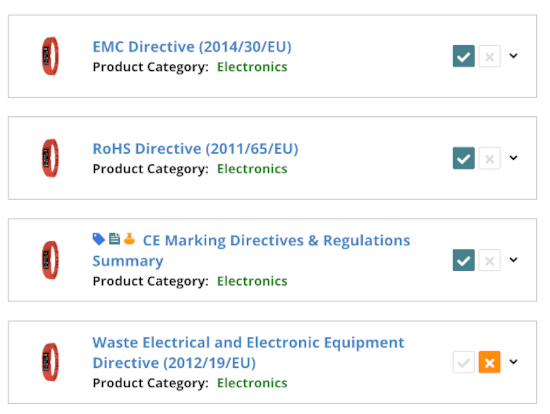






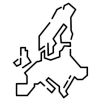

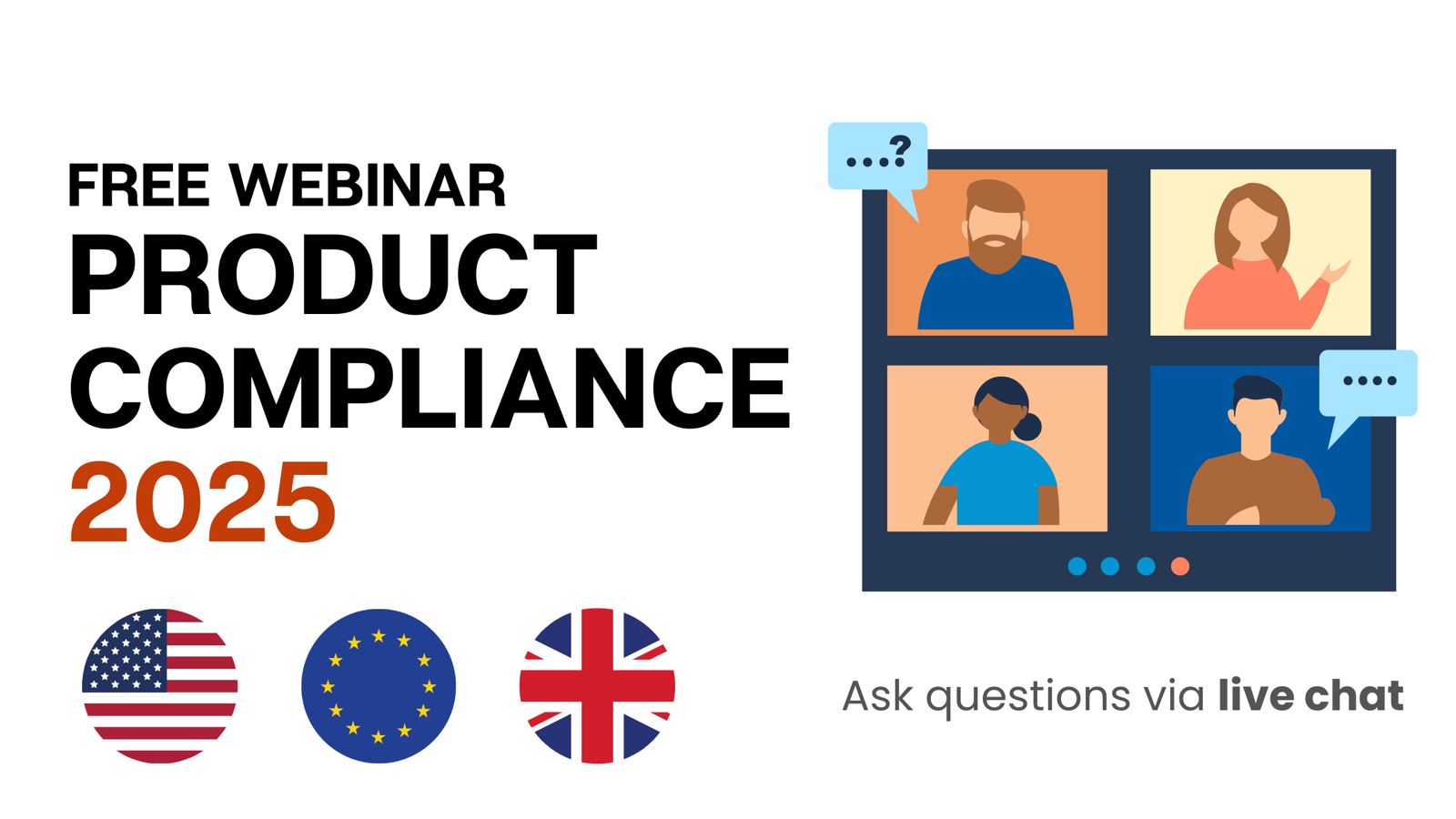

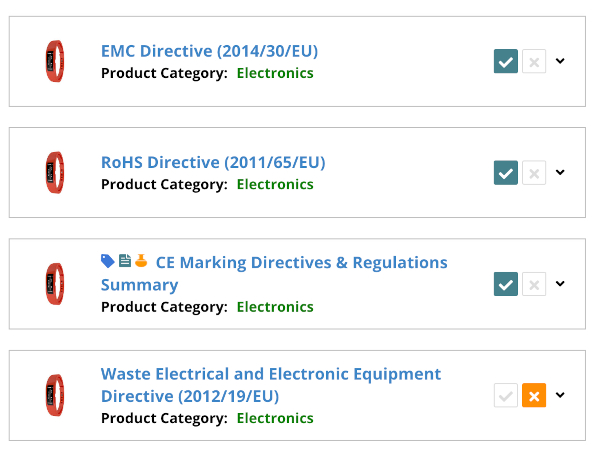

Do you or other companies, verify that a design for the product packaging is conforming to standards mentioned for approval by amazon? This second level of verification will help to avoid any mistakes before actual printing of the product packaging.
Hi Prachi,
No, we don’t. I know some companies offer basic label checks – for example a tracking label. I am not aware of any company that does a complete “approval” that covers all possible labeling requirements.